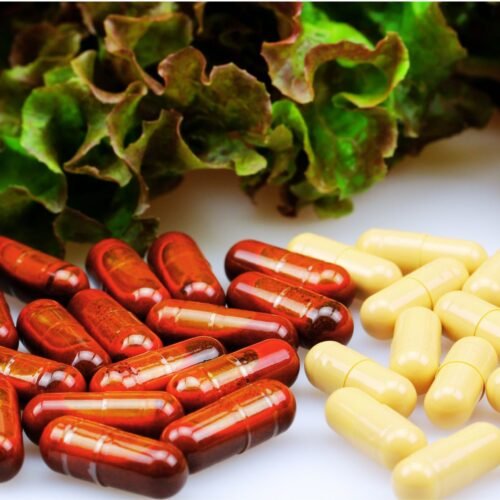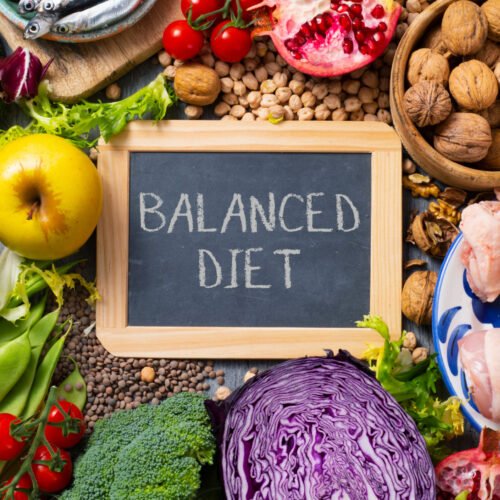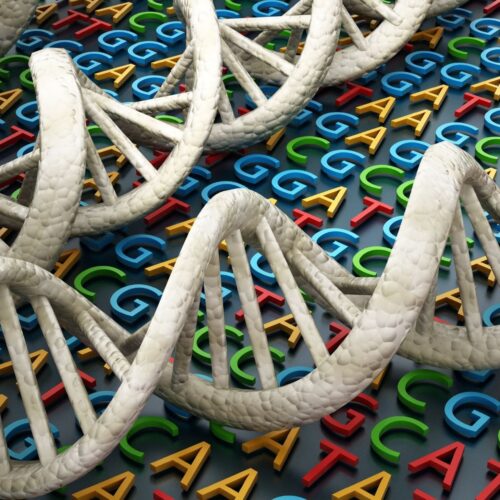The other day I got an excellent question about a specific diet…
First of all, the word diet has been largely misconstrued to where it typically means losing weight. It gives the feeling of restriction.
Your diet is simply what you are consuming.
My personal approach is diet variation. So there isn’t one type of “diet” that I utilize, it is cycling through them depending on my body’s needs and the season we’re in.
The diet in question was the Ketogenic Diet. I do like this one!
The basic premise with this is to eat in a way where your body goes into ketosis. That’s where your body is using fat for energy.
Ketosis is not to be confused with ketoacidosis, which is a dangerous potential issue with diabetics.
One benefit of ketosis is that fat is a much healthier energy source for the body and helps with a lot of healing. Down-regulating inflammation is a major plus here.
Basically, you’ll cut down on carbs, eat lots of fats, and eat some protein.
This is often confused with the Atkins diet, which is low carbs, but is high in protein, and medium fat intake.
That high protein aspect of the Atkins diet leads to gluconeogensis. This is where the body turns protein into sugar… which is what you were trying to avoid to begin with.
You’ll notice I’m not giving specific numbers of how much to eat of each category. That’s because it varies from person to person, and sometimes from day to day.
To track if you are in ketosis, I recommend using a blood glucose + ketone meter. I like the brand Keto Mojo (their testing strips tend to be cheaper). This way you can learn which foods work for you!
Since the ketogenic diet uses a lot of healthy fats, it is very pertinent to make sure to use organic, non-gmo, non-inflammatory, healthy fats.
If you’re eating beef, you’ll want hormone free, antibiotic free, and grass fed/grass finished. With poultry, look for soy free, organic, and pastured. Same for eggs.
This is so important because there are toxic chemicals that are lipophilic.
These chemicals love fat. So if you eat poorly sourced food, you are getting high doses of very harmful chemicals. This leads to toxicity. Again, not what you were going for.
Additionally, if you have a hard time getting into ketosis, or you just can’t get into it at all, there is either a toxicity issue or your body needs some healing before she can start adapting again.
Adapting is your body’s ability to switch back and forth between the energy sources. This is where true health lies. If your body can’t do this, some major healing is needed.
Part of being in ketosis is not just higher ketones, it is also lower blood sugar. Since your body is using the ketones for energy, you don’t need all that sugar (which is inflammatory) floating around.
This is also why I’m typically not for exogenous ketones. Those are the ketones you can take as a supplement.
In nature, you will never have high ketones and high sugar at the same time. These supplements can thusly create an abnormal state. That’s bad and defeats the whole reason you’re doing this.
Again, it’s your body’s ability to adapt that makes you healthy, not just being in that state. That’s why I practice diet variation, my body keeps having to adapt!
If you do have trouble with getting into ketosis:
- Consider if you are eating too few fats, too much protein, or too many carbs. – use the ketone meter to figure out if it’s a specific food hindering you
- Consider if an underlying toxicity may be present – heavy metal, mold, parasite, or chemical.
- Is your blood sugar normal? If it’s not, I would recommend Synulin from Systemic Formulas to help your body regulate sugar appropriately again.
- Do you tend to be low on energy? Your mitochondria (those little power houses of your cells) may be not functioning right. That makes adapting very hard for your body. Consider taking MitoATP from CellCore BioSciences to get them back on track.
- Are you not getting enough sleep? Adults need 8 hours per night.
- Consider Intermittent Fasting. This helps your body heal and increases adaptability.
The foods you choose to consume are supposed to inform your body about your environment. It connects you with the environment.























